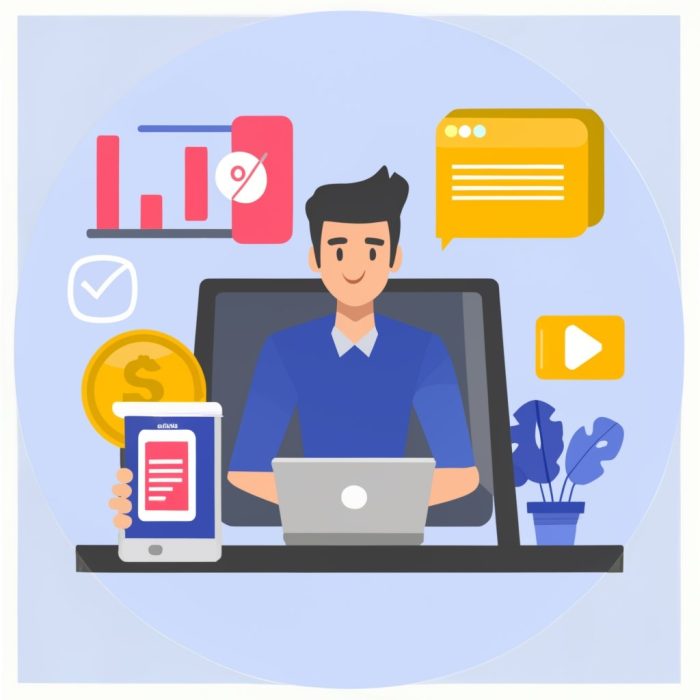Getting the most out of your demo account
Maximizing the potential of a demo trading account is an essential step for both novice and seasoned traders. A demo account offers a simulated trading environment where users can practice with virtual funds, providing an excellent opportunity to learn and develop trading skills without the risk of actual financial loss. Here’s how you can fully utilize a demo trading account:
Understanding the Purpose of a Demo Account
A demo account is primarily a learning tool. It allows you to engage in risk-free trading, providing a safe space to understand the mechanics and get accustomed to the trading platform’s tools and features. It’s also the perfect environment to test and refine trading strategies without the fear of losing money.

Setting Realistic Goals
One of the key aspects of using a demo account effectively is to treat it with the same seriousness as a real trading account. This approach means conducting proper research and analysis before executing trades, just as you would with real money. Setting clear objectives is also crucial. Whether it’s mastering technical analysis, getting comfortable with the platform’s interface, or practicing specific trading strategies, having defined goals can guide your learning process.
Creating a Trading Plan
Developing a solid trading plan is crucial. This plan should outline your trading approach, including criteria for entering and exiting trades, risk management rules, and financial goals. Keeping a journal of your trades is also beneficial. Documenting why you entered a trade, the outcome, and any lessons learned can be invaluable for refining your strategy.
Experimentation and Learning
The risk-free nature of a demo account encourages experimentation. Use this opportunity to try out different trading strategies and styles to discover what aligns best with your goals and risk tolerance. Importantly, analyzing your losing trades is as crucial as celebrating the winning ones. Understanding what went wrong and how to improve is a key part of the learning process.
Utilizing Educational Resources
Many brokers offer a wealth of educational content alongside their demo accounts. These resources, including tutorials, webinars, and articles, can significantly enhance your understanding of markets and trading concepts. Integrating these educational tools with hands-on practice in the demo account can provide a well-rounded learning experience.
Practicing Risk Management
Even though demo accounts involve virtual money, applying realistic risk controls is essential. Practice setting stop-loss orders and managing the size of your trades as if they were real. This practice helps in understanding the importance of risk management in trading. Additionally, use the demo account to comprehend how leverage works and the risks it can introduce into your trading.
Transitioning to a Live Account
When you feel confident in your demo trading abilities, transitioning to a live account should be a gradual process. Start with small trades to adapt to the emotional aspects of trading with real money. Reflecting on how emotions affect your trading decisions in the demo account can prepare you for managing these emotions in live trading.
Regular Review and Adaptation
Continuously reviewing your trading performance and strategy is vital. Markets evolve, and so should your approach. Be willing to adapt your strategies as you gain more experience and as market conditions change.
Conclusion
A demo trading account is a powerful tool for learning and honing trading skills. By approaching it with the right mindset, setting realistic goals, creating a structured trading plan, and utilizing educational resources, you can gain invaluable experience. The lessons learned in a demo environment lay the foundation for more effective and responsible trading in the real world.
Remember, successful trading is not just about technical skills; it’s also about psychological preparedness, risk management, and continuous learning and adaptation. If you need more specific strategies or advice on certain types of trading, such as forex, stocks, or commodities, feel free to ask for further details.
This article was last updated on: January 9, 2024
